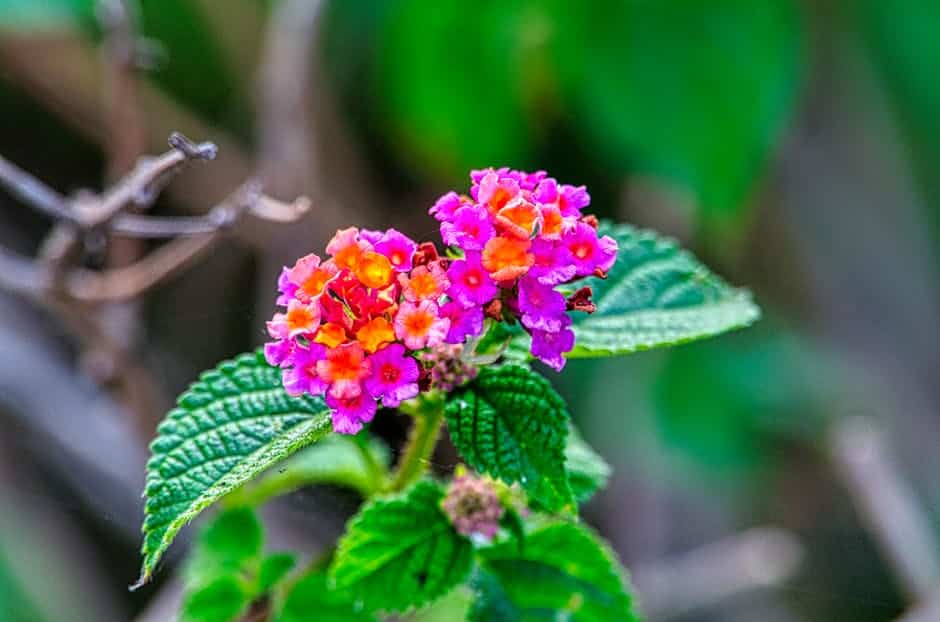Can LED Grow Lights Damage Plants?
LED grow lights have gained popularity among indoor gardeners and plant enthusiasts due to their numerous benefits. One common concern, however, is whether these lights can potentially harm plants. Based on the information provided, the answer is no, LED grow lights are not harmful to plants if used properly.
Understanding LED Grow Lights
LED grow lights are designed to mimic the spectrum of sunlight, providing plants with the necessary light for photosynthesis and growth. They emit a unique spectrum that includes red, green, and blue light, which helps plants accelerate in all growth stages. The full spectrum of LED grow lights typically ranges from 400 to 700 nanometers, effectively mimicking the sunlight plants require for photosynthesis.
The Benefits of LED Grow Lights
LED grow lights offer several advantages over other types of grow lights. Firstly, they are energy-efficient, consuming less electricity compared to traditional lighting options. This energy efficiency not only saves money but also reduces environmental impact. Additionally, LED grow lights have a longer lifespan, typically lasting between 5 to 10 years, which makes them a cost-effective choice for long-term plant growth.
Moreover, LED grow lights produce less heat than other types of lights, such as High-Pressure Sodium (HPS) lights. Excessive heat can be detrimental to plants, causing wilting or even burning. By emitting less heat, LED grow lights prevent such risks and provide a more controlled environment for plant growth.
Potential Risks of LED Light Exposure for Humans
While LED grow lights are safe for plants, it’s important to note that there are potential risks associated with LED light exposure for humans. Blue light, especially in shorter wavelengths, can interfere with sleep patterns and potentially harm vision. UV light, particularly UVA and UVB, can also pose risks to the skin and eyes.
However, it’s crucial to emphasize that these risks primarily arise from prolonged and direct exposure to LED lights at close proximity. Taking appropriate precautions can help mitigate these risks. Wearing protective glasses, hanging lights at a safe distance, and covering exposed skin are effective measures to reduce the potential harm caused by LED light exposure.
Conclusion
In conclusion, LED grow lights are not harmful to plants if used properly. They offer a full spectrum of light that mimics sunlight, providing plants with the necessary conditions for photosynthesis and growth. LED grow lights are energy-efficient, have a longer lifespan, and emit less heat compared to other lighting options. While there are potential risks associated with LED light exposure for humans, taking precautionary measures can minimize any potential harm.
Related Websites:
- Are LED Grow Lights Dangerous for Humans? – California LightWorks
- pH: Why Grow Lights Are Essential for Better Plant Health – Sunco
- Grow Plants with an LED Light – The Spruce
FAQs:
Q: How do LED grow lights benefit plants?
LED grow lights provide the necessary light spectrum for optimal plant growth. They are energy-efficient, have a longer lifespan compared to traditional lighting options, and can be customized to specific plant needs.
Q: What is the optimal light spectrum for plants?
Different stages of plant growth require different light spectrums. Blue light is beneficial for vegetative growth, while red light promotes flowering and fruiting. LED grow lights can provide a customized spectrum to cater to specific plant growth stages.
Q: Can LED grow lights generate excessive heat and harm plants?
LED grow lights produce significantly less heat compared to traditional lighting options. However, it is still important to monitor the temperature and ensure proper ventilation in the growing environment to prevent any potential harm to plants.
Q: How can I prevent overexposure to light when using LED grow lights?
Utilizing timers to control the duration of light exposure is crucial. Each plant has different light requirements, so it is important to research and set appropriate light schedules. Maintaining the recommended distance between the LED grow lights and plants also helps prevent overexposure.
Q: Should I consult horticultural experts before using LED grow lights?
Consulting horticultural experts can provide valuable guidance on LED grow light usage, especially if you are a beginner. They can assist in selecting the right type of LED grow lights for your specific plants and offer advice on proper installation and usage.






